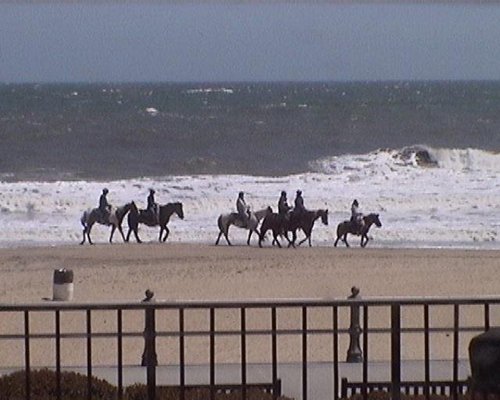

But other conflicts on the African continent were hardly noticed by the general public. The magnitude of the crisis in Biafra captured the world’s attention. The Ibos surrendered in 1970, but not before an estimated one million people had died. But famine and Nigeria’s superior army overcame the struggle for independence. At first it seemed that Biafra might survive. We also recruited Nigerian doctors in the U.S for volunteer missions to Biafra. The IRC joined with other organizations in launching the Biafra Christmas Ship, which provided 3,000 tons of food, drugs, and other life-saving supplies to the Ibos.

After winning independence from Britain in 1960, Nigeria formed a coalition government that was soon roiled by a disputed election, massacres of Ibo people, and the eventual secession of the Ibos, who claimed the southeastern part of Nigeria as the independent nation of Biafra. In 1967, the IRC became involved in a dramatic crisis in Nigeria. Fortunately, local aid workers were able to take over the programs. After 18 months, the IRC was forced to withdraw, along with United Nations troops, owing to renewed fighting between insurgents and government forces.

Working with Catholic Relief Services and Church World Service, the IRC was able to send $179,000 worth of medicines, high-protein food and other aid to Angolan refugees. He devoted much of his time to teaching first aid and preventive care to the refugees and to improving the skills of Angolan health care workers. He administered the distribution of medical supplies, performed surgery at the Service d’Assistance aux Refugies Angolais clinic and at the many border camps he visited. Marcus Wooley, a French-speaking surgeon who had himself once been a refugee from Haiti, was sent to Zaire. We supplied medicine and enlisted refugee doctors for a medical assistance program. This was the IRC’s first initiative on the African continent and a demonstration of the organization’s expanded global mission and responsibility. When more than 200,000 Angolans escaped their country’s Portuguese colonial government and fled to nearby Zaire (now the Democratic Republic of Congo) in 1962, the IRC responded quickly. Photo: IRC 1962: supporting Angolan refugees


 0 kommentar(er)
0 kommentar(er)
